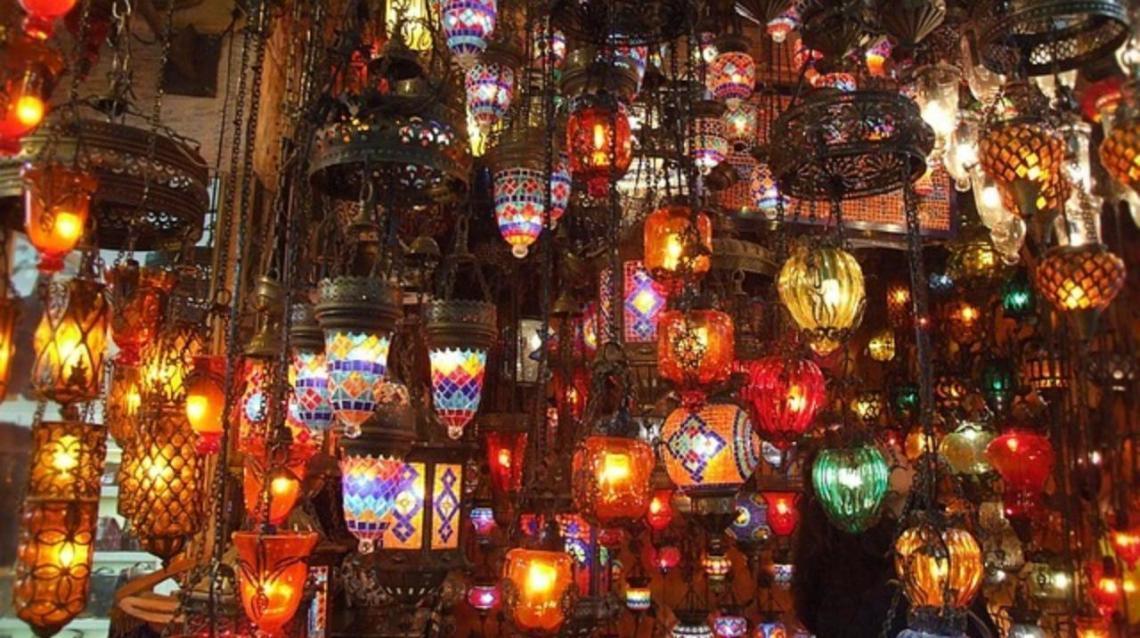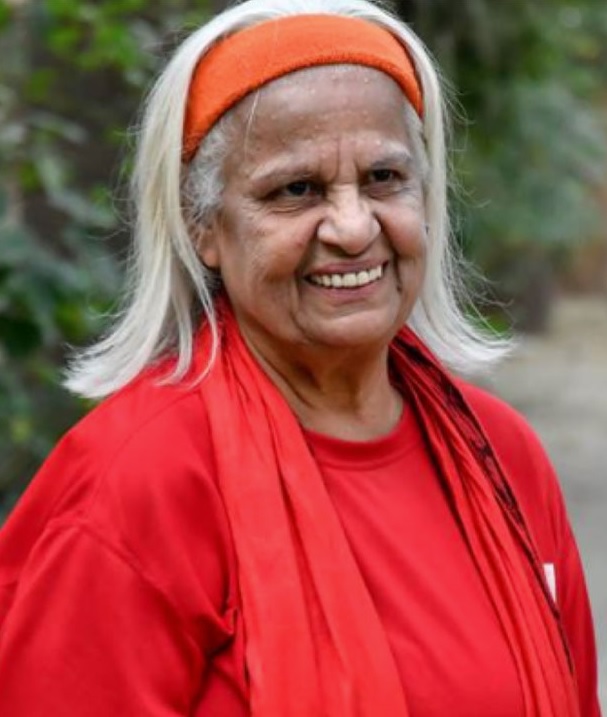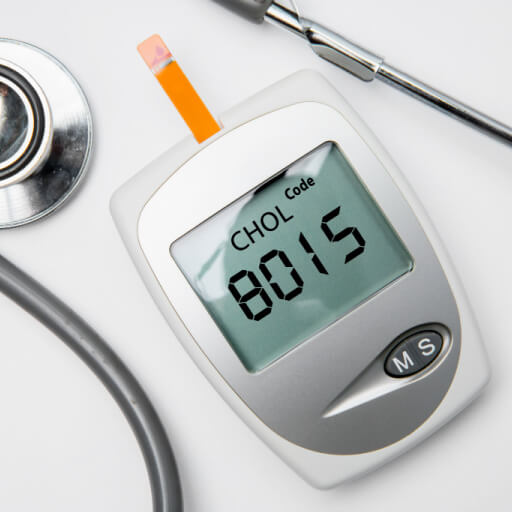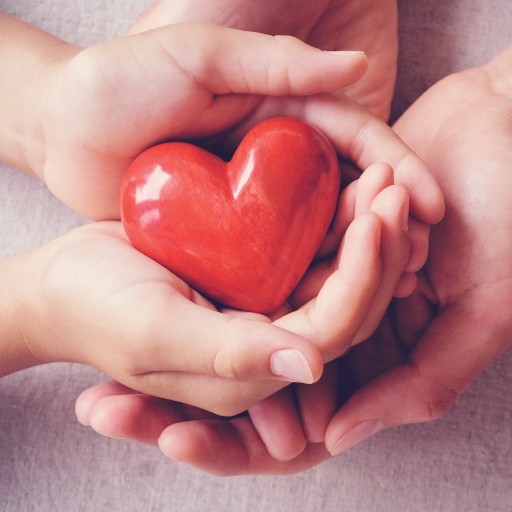 With all its accompanying celebrations, noise and excitement, Diwali may be a bit overwhelming for your baby. It’s easy to get caught up in the festivities, and forget that too much going on at once can take its toll on a young baby. We’ve put together some of the key things that will keep you and your family safe and content during the festive season.
With all its accompanying celebrations, noise and excitement, Diwali may be a bit overwhelming for your baby. It’s easy to get caught up in the festivities, and forget that too much going on at once can take its toll on a young baby. We’ve put together some of the key things that will keep you and your family safe and content during the festive season.
How can I help my baby enjoy her first Diwali?
- Stick to your baby’s routine
Disrupting a baby’s schedule could make her cranky and irritable. Whenever possible, try to stick to your little one’s routine. It’s better to make the effort to find a room where she can take a nap than to spend the rest of the day with an overtired baby.
- Try to keep familiar faces around
Too many new faces, sights and sounds can over-stimulate even the most laid-back baby. While young babies love to be touched, held, cooed and smiled at, they can tell the difference between strange and familiar faces by the time they are five or six months old. It may take longer for an older baby to warm up to visitors once she is more aware that she’s an individual separate from you. So allow her the time she needs, she’ll feel more secure if she has a familiar face with her.
- Choose comfortable clothing
Clothes made out of natural fabrics are best as they will not irritate your baby’s delicate skin. It’s best to pick a colourful, traditional, yet simple outfit that does not have long drawstrings, sequins, beads or mirror work, as these may pose a risk of choking.
- Watch what your baby eats and drinks
If your baby is exclusively breastfed and not weaned yet, it is best to not give her any sweets and savouries. Keep mithais, food, drinks and dried fruits out of your baby’s reach. Even if your baby is eating solid food, some foods may not be safe for her just yet. It is best not to give your baby small pieces of food such as whole nuts, cashews (kaju) or raisins (kishmish), when she is just starting solids. Any small piece of food could be a choking risk for your baby. Any foods containing honey should not be given to your baby until she is a year old. Only feed her food which is right for her age. You could offer familiar foods like homemade kheer or aloo puri. If she has a favourite mithai you could offer a small piece. For your toddler, you may want to restrict the intake of sweets to just one or two.
- It’s best to offer home-cooked meals.
During the festive season, large batches of sweets and savouries are prepared by caterers. Outside food may sometimes cause stomach infections if the food has not been prepared, stored or packaged hygienically. No festival is complete without lots of fizzy drinks, sherbets and juices. However, it’s best to limit sugary drinks and beverages and only offer those that are right for your baby’s age. See our slideshow on best and worst drinks for children to help you make the right choices.
What safety precautions should I take for my baby’s Diwali?
To help you make this a special occasion safe for your baby and enjoyable for you too, keep the following in mind:
- Never leave your baby unattended.
There may be a string of visitors entering and leaving your home, so it’s best to stay alert and ensure your child is always close to you. You and your husband could take turns to look after her or she might have a grandparent or relative who doesn’t mind babysitting while you handle other chores.
- Almost every home is adorned with flowers, floral garlands or with petals floating in water bowls. Some flowers could trigger allergies such as hay fever or asthma. It might help to leave the floral garlands or flowers outside until the last possible moment. Spray them with water before bringing them indoors. This will help to remove any dust, pollen and mould spores.
- Choose decorations with care.
Floating diyas are beautiful but attract little ones as well. If placed in a large tub of water they can be dangerous. Small babies can drown in less than 3cm of water and it can take just seconds for a baby to slip into the water and be helpless.
If using electrical lights at home, ensure the power sockets are baby proofed and that there are no loose or naked wires. Hide electrical cords behind furniture or buy a cord holder.
Candles, diyas, oil lamps and agarbattis should be placed well out of your baby’s reach. Read more about how you can prevent burn injuries.
- Do not light firecrackers inside the house.
Keep your baby at a safe distance from the fireworks and do not allow anyone to carry her while bursting crackers. Older siblings and cousins usually have a trick or two up their sleeve. Speak to them and explain why they need to be careful with a small baby.
- Care should be taken when handling sparklers (phool jhadis)
Children should not run around with sparklers in their hands or wave them about or point them towards another person. Sparklers can cause serious burns and injuries if not handled with care.
If family and friends are bursting crackers in the neighbourhood park, there might also be acquaintances or people you do not know well enough. It’s best to stay away, as some people may enjoy rowdy play and throw crackers or point rockets towards crowds which may result in serious injuries.
- Ensure that your baby is not exposed to smoke and ash in the air from firecrackers as it may lead to respiratory problems.
Protect your little one from sudden and loud noises from firecrackers, parties or street processions. They might startle or frighten her. It may be a good idea to keep your baby in a room where outside noise levels are lower and won’t affect her hearing.
- Always keep a first-aid kit handy.
Make sure you have ointment for burns, bandages and disinfectant. It’s a good idea to have a bucket of water or fire extinguisher close by as a precautionary measure against fires.
How can my baby participate in Diwali celebrations?
Babies under the age of one, won’t be able to actively participate in all the festivities, but will be captivated by the sparkling lights, decorations and the music of the season. Toddlers are still too young to really understand what festivals are all about, thought they love participating in family traditions. Your baby can still celebrate Diwali, but perhaps in ways that are appropriately scaled down to match her age and temperament.
Here are a few things you could try:
- Hang small colourful paper lamps or torans and other decorations in your baby’s room where she can see them.
- String up some multicoloured fairy or ‘rice’ lights; she will love watching the changing patterns.
- Try making a small rangoli with watercolours near your baby’s room. She’ll enjoy looking at it, especially if she has started crawling or walking.
- Depending on her age, you child may even try making her own rangoli. You could allow her to use organic colours or flowers.
- Toddlers may also enjoy creating a colourful Diwali artwork with some help from an older sibling or parent. Cut small pieces of several brightly coloured papers and let your baby stick them on a sheet of paper. You could then cut the paper in a shape of a large diya, frame it and hang it outside your door.
- Your baby could also finger-paint little clay diyas with water colours. But, do remember to wash her hands well after the painting session.
- If she’s walking about, your little one may also enjoy placing floral garlands at the door or putting rose petals in the puja room.
- If she’s fascinated by the fireworks, let her watch for a while from a window, glass door or balcony. This way, she will enjoy seeing the fireworks from a distance, and be away from the noise and pollution.
Don’t forget to buy your child something special. Use our guide to choose the perfect gift for newborns, one-year-olds, two-year-olds and three-year-olds.
And finally, do not forget to record these memories!
(This article originally appeared on www.practo.com, authored by Dr. Rushabh Mehta, https://www.practo.com/healthfeed/celebrating-your-baby-s-first-diwali-25223/post)





 1800-270-7000
1800-270-7000







